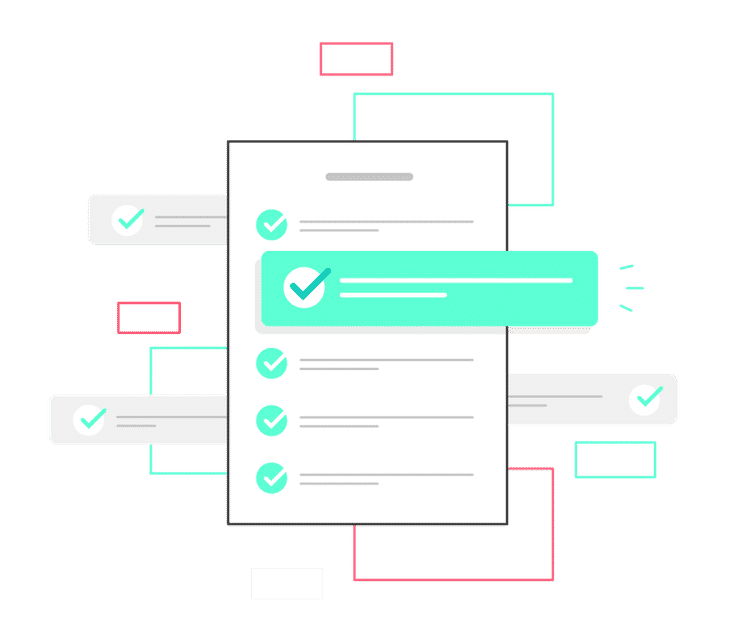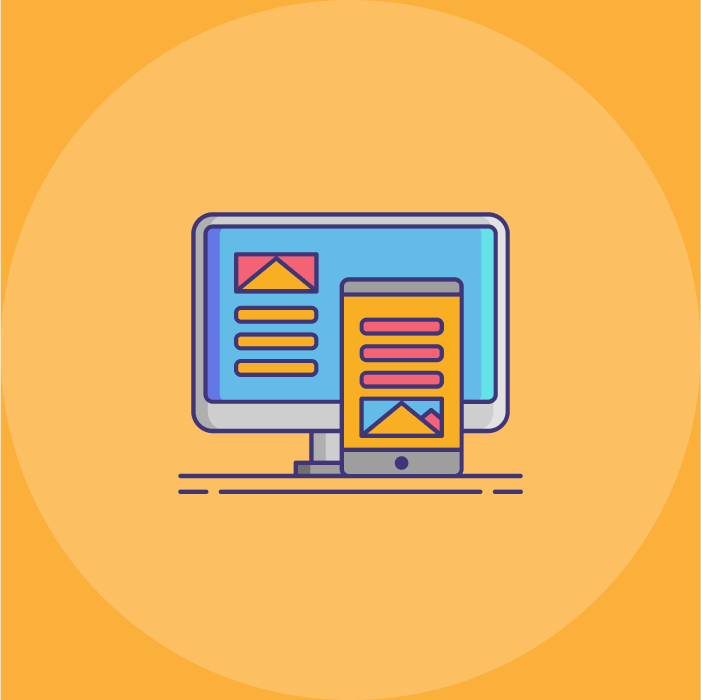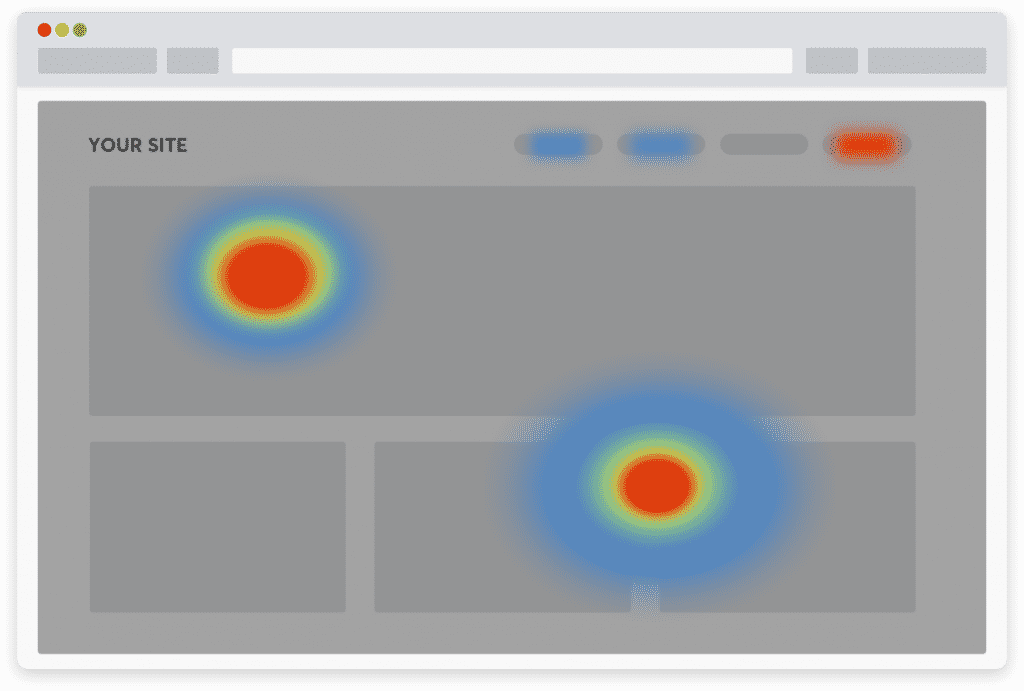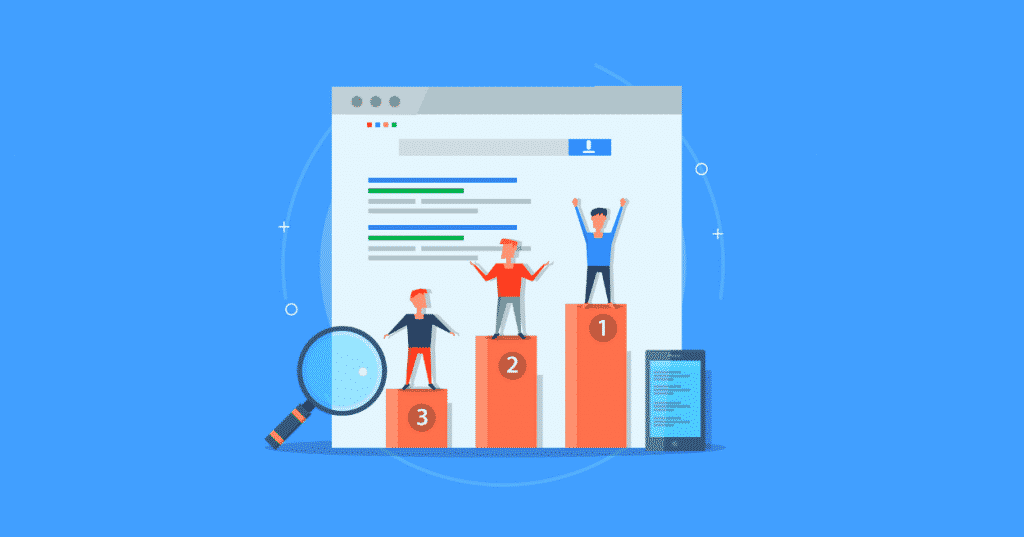What is Page Experience? – Google 2021 Update
Google continues to make various updates in order to rank the relevant pages that will be most useful to users in the SERP. Okay, we know that. These updates contain a number of important things that website owners review and get ready in a short time. Hey, your rankings might be in danger!
If you do not pay attention to these and your site does not provide strong results in terms of Page Experience -that’s Google’s 2021 update, it is possible to lose the point you have in the ranking in a short time.
Okay, so, what does Page Experience mean?

What is in the Page Experience Update that Google will start implementing this year, in 2021? Which experiences of users will make you more visible as they move your page up? Today, we will have the chance to watch Page Experience, which will be counted among Core Web Vitals, more closely. Ready to dive in more?
Try for free to boost your website traffic!
What is Page Experience?
Page experience can be thought of as a metric that measures the interaction and navigating experience of users on any web page. As can be guessed, it means that you can achieve a higher ranking on the relevant keywords on the web with optimizations that increase the chances of users to navigate and interact easily on your web pages.
Let us tell you what our keyword here is: Usability.

What you offer to your users on your website, what type of content you host, your services, and many other metrics are very important. But to what extent these are usable may be more important than you think.
Why Does Google 2021 Update Matter?
So why is this update important? Let’s say it right away: What do you think is the main reason why Google values various technical optimizations such as backlink or h1, h2 tag? In fact, the essence of everything is to provide the user with the most relevant and useful content. Here, Page Experience is directly the name of this, as a concept. Now the user experience has become a much more powerful parameter than before.

So is your website ready to keep up with this parameter?
What Does Page Experience Want From You?
What exactly does Page Experience aim to offer? Let’s talk a little bit about this if you wish. Here are the questions Google asks users to understand whether you are providing a pleasant enough experience on the page:
- Is your web page mobile-friendly? Not having a mobile-compatible website is like committing suicide, especially when mobile-first indexing has been valid and implemented for all websites for a while!
- Does your page load fast enough? You have to work hard so that your website loading speed is not longer than 3 seconds. Because most of the users expect to load within 2 seconds.
- Do you offer HTTPS? A trusted site is the most important thing Google wants for its users.
- Are there any ads that make the content difficult to understand and make the page design negative for the user?
- Is the content reading or review experience harmed by problems such as Cumulative Layout Shifts while the page is loading?
- Is your website accessible and usable?
Is Page Experience Among Core Web Vitals?
The Page Experience score, which is Google’s 2021 update, is calculated with an algorithm that includes Core Web Vitals. In short, this work is as follows:
A user’s page experience is closely related to the page loading process, interactivity possibility, and visual stability. These can be understood with Largest Contentful Paint, First Input Delay, and Cumulative Layout Shift among Core Web Vitals, respectively.
But Page Experience is not just that. It also cares about details such as mobile-friendly, safe browsing, HTTPS, and having no intrusive interstitials. Check out the image below:

Page Experience Optimization Checklist
Let’s take a look at what we can do to reach high scores in Page Experience, Google’s 2021 Update, and to achieve high results in the rankings with a UX-based SEO strategy. -See also 2021 SEO trends for more.
Pagespeed, The Most Important Predictor of UX: Optimize Your Pagespeed!
If your website loads quickly and the running speed is extremely strong while the user is on your website, it will mean a much more enjoyable experience. Studies show that the bounce rate of the user starts to increase when the loading speed exceeds 2 seconds. On a platform that freezes or stutters while spending time on the site, 70 percent of users prefer to bounce.

So speed is closely related to Page Experience. Moreover, speed directly affects the conversion rate and bounce rate of the users on your site.
Save your site in Screpy to review the loading time of your pages and your other Pagespeed-related scores and experience regularly. With detailed tracking you can improve your page speed step by step and thus contribute to the Page Experience, folks!
404 Errors Are Always Problematic
404 errors are another factor that will affect your Page Experience score. If there is a page with a 404 error on your site, it is recommended that you link it to another page with 301 redirects or remove this page entirely from your site. Unreachable and incorrect pages both point to a negative user experience for Googlebots and reduce the prestige of your site in the eyes of users. If your 404 pages have indexed pages, your page authority will also drop quickly.

Remember, broken pages never indicate a good situation. So it’s best to get rid of these!
Compare Yourself With Your Competitors
On Screpy, you can analyze not only your own website / web pages but also your competitors’. Track the Pagespeed performance of your biggest competitors and the ranking process in certain keywords through Screpy. Compare the user experience offered by your competitor with yours.
Check out the most popular pages on your competitor site. These pages must be (if they rank highest) user experience oriented pages that probably also score strong in terms of Page Experience.
Note that your competitors’ SEO traffic comes from here heavily.
Compare these pages with yours on designs, speeds, URL structures, and various other issues. This benchmark can really tell you a lot. Find inspiration for your optimization processes by finding what they did right.

The top-quality pages of them may be better than yours in terms of the following features:
- Content quality can be better. They may be sharing posts that are more descriptive, inclusive, long, and contain a lot of media content. Check out the language, style, technical flow, and much more in these contents.
- These pages may have a high loading and running speeds. They can be pages that do not have a big problem in terms of Cumulative Layout Shift and can be loaded quickly and offer the user what they are looking for.
- In terms of design, these pages can have a style that users can experience much more comfortably. Both the font, font size, and the color of the texts or the size of the buttons and similar areas will be decisive in this matter.
- Compare the pages on your own site on Screpy and see what you can optimize. Remember, being more visible in ranking means competing -but doing it with all your soul- with competitors.
Browse Page Design for Page Experience
You know what you’ll see in suggested queries when you type the word UX in Google: design.
The way the user experiences any page of your site is intensely related to the design of that page. This is especially true for mobile devices, but we’ll talk about it in a different title.

Design problems experienced by users may cause them to have the following situations:
- Clicking on a button while trying to click another one.
- Trying to understand areas that are not understandable, that are not useful side by side due to their colors.
- Not being able to access all pages from the site’s home page.
- Not being able to easily return to the main category of it while being on a page.
- Inability to experience functions in a usable and available way.
- Not being able to find where the functions that are wanted to be used frequently, or having to do too much each time or clicks to access these functions.
So how can you avoid all this?
First of all, we can recommend that you use the heatmap to improve Page Experience. Heatmap allows you to discover the most spatially used points on your site. Where are the users densely located when scrolling? You can understand this very easily. You can then place the searched functions related to your site in these frequently used and easily accessible areas. In this way, you will create a stronger page experience.

In addition, by examining the behavior analysis of the users, you can detect the moments when they show bounce and you can solve the design problems related to these moments.
Create Mobile Friendly Web Pages
It is extremely valuable that each of your web pages is mobile-friendly in terms of both design and functionality. Hey, don’t forget! Now almost all active web users also use their mobile devices. Moreover, most of them experience the internet only on their mobile devices. As Google was aware of this, it accepted the mobile page of each site as its basic version.
So what does mobile optimization mean?
- First, make sure that your mobile speed is equal and strong to your desktop speed. In fact, it works for you to get a higher speed on mobile, as there can be much more distraction when users are on their mobile devices.
- Get accessible and usable designs for different mobile device sizes. Make sure there are no visual shifts on your page.
- Remember that your mobile experience page will be used via touch screens. Consider the average physical possibilities of people and leave optimal spaces between buttons and sections.
How Will Page Experience Effect Your Ranking?
So, will Page Experience affect the rankings? Will Google’s 2021 update negatively affect your site? How will you be able to prepare for all this? Hey, no need to worry! Let’s say right away:
The fact that your page serves in a user experience-oriented manner will be considered as a ranking factor that will be cared for by Google. So yes, Page Experience has a direct impact on rankings.
Ad placements that hinder the experience on your page, unsafe web browsing experience that lacks HTTPS, failing to scroll, and unreadable views on mobile devices may cause Google to make changes in your indexing process.
Crawling Page-By-Page Basis
But there is a very important note on this issue: Remember that Page experience is really about the page. Google Page Experience will work on page-specific, not site-wide. When ranking Google, it ranks pages, not the site.

Remember that what Google does is a page-by-page analysis and that every page needs important optimizations from ad placement to content quality. Of course, since the entire SEO process is not just about Page Experience, it is possible to keep your site’s general authority high and to support your Page Experience score in this way, climbing towards higher results in related keywords in Google.
How Can You Measure Core Web Vitals Performance of Your Website?
Not sure how ready your website is for the Page Experience update? There is nothing to worry about! You can easily learn your site’s scores through Google Pagespeed Insights and Google Lighthouse.
Good news: Screpy has them all! What’s more, Google Search Console will be integrated into Screpy very soon! You can now buy one of the Screpy Premium accounts to analyze your site and see how your LCP, FID (or TBT in Lighthouse) and CLS values are. Isn’t it a great opportunity?
Also: In order to have detailed information about Core Web Vitals, go Google Pagespeed Insights Guide we have created for you!
FAQ
Has Google changed 2021?
Yes, Google revealed that it cares more about the experienced user has in a page than before with the Google May 2020 Core Update. Page experience basically requires fast loading speed, easy access of users to content, high mobile experience, and similar situations. Of course, this was something Google always cared about, but now they’re directly identified as the ranking factor.
Why is page experience important?
It may be tiring for you to look at the score of your entire site in website optimizations and to question why it could not have a better ranking. In fact, it basically says this: Now, all of the factors such as speed and accessibility that affect the user experience will be looked at on a page-level basis and scoring will be done in this way. In fact, the ranking algorithm was already like this. But with the 2021 Google update, this has been clearly stated.
How Will Google Measure the Page Experience Score?
Google will first use Core Web Vitals to measure the page experience scores of the pages on your website. These can be listed as First Contentful Paint, Speed Index, Time to Interactive, Total Blocking Time, Cumulative Layout Shift, Largest Contentful Paint. In addition, mobile-friendliness, safe browsing experience, HTTPS usage, intrusive interstitial are also factors that affect the measurement.
How to get ready for Page Experience update of Google?
For this, it will be enough to pay attention to the following:
1. Make sure you provide a safe browsing experience for your users.
2. Use a mobile friendly theme and also optimize your mobile speed.
3. Optimize your scores on core web vitals. Use Screpy for this.
4. Make sure you don’t use annoying popups.
5. Verify that your site is a secure domain with HTTPS.
Which is more important page experience or relevance and content?
Google’s algorithm focuses on the browsing experience provided by that page, not the content within a page. However, content is still very important. Emphasizing that page experience is not more important than content, the thing is that, Google said that when a choice should be made between content with the same quality value, the page experience score is decisive.
What’s the Google Page Experience Update in 2021?
Google 2021 Update, which will be published in May 2021, says that a detailed analysis of the pages of each website will be made in terms of the browsing experience, speed, and accessibility. This update, which is about user experience rather than content, can change the rankings quite a lot.
How often does Google change its algorithm?
Google usually makes 500 or 600 algorithm changes in a year. Some of these changes are radical changes, such as the announcement of a new metric. Some are smaller updates. These are usually updates that allow sites to be better crawled in terms of the experience they offer.
Test Your Website Issues
You can quickly analyze your site